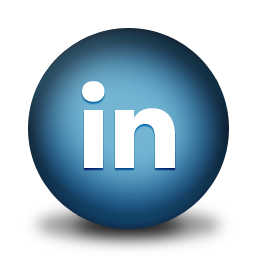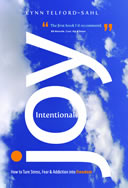How the New Brain Science Increases Work Productivity
 Thursday, October 1, 2009 at 4:53PM
Thursday, October 1, 2009 at 4:53PM “The brain is the most complex thing in the universe with over 50,000 neuroscientists studying it each year,” states NeuroLeader coaching expert David Rock. In the last few years, brain research has affected the way we think about addiction, stress, and work productivity.
Here are 3 reasons why the new brain research will directly improve your productivity and reduce stress and anxiety:
1) Let me ask a question: When you’re up against a deadline, is it better to just keep pushing and get it done, or take a mini-break?
Answer: According to Jane Moran, “Seven Big Surprises About the Brain,” when the brain gets fatigued from mental tasks, pushing to stay focused, is like stepping down hard on the accelerator when you’re almost out of gas. Your brain becomes more fatigued and you lose energy and productivity more quickly.
Try this attention replenisher instead: Stand up and stretch and take ten breaths or walk around the office for a couple of minutes while breathing in and out quickly. Then go back to your task and notice the clarity.
2) In Intentional JOY: How to Turn Stress, Fear & Addiction into Freedom, there’s a emotional management strategy called TARA (pgs 164-174) designed to identify upsetting emotions about a situation that’s causing distress. According to neuroscientist Dr. Matthew Lieberman, labeling emotions maximizes cognitive ability because it lowers limbic system arousal. In otherwords, just the act of labeling or naming emotions helps to release them and quiet the brain. Then the prefrontal cortex (used for deciding, understanding & memorizing) is able to function better. In my language, emotional upset gets in the way of clear thinking. Release the emotion, regain clarity and get back to feeling good.
3) True or False. When you’re struggling with a problem, it’s better to seek out lots of information and detail to try figure out the solution versus taking a walk to let the mind quiet itself.
Answer: False Insight requires a quiet mind. David Rock, NeuroLeadership expert, states that “insight requires a quiet mind; literally a minimum of electrical activity.” This is one reason BREATHING is so helpful when we’re stressed. Take ten breaths when you’re in the midst of a dilemma and see what new insights come into your awareness.
Coaches Challenge: Put one of the three strategies listed above into practice in the next week. Let me know about any positive changes you notice.
Call (209) 492-8745 with any questions or email me atlynntelfordsahl@gmail.com.








Reader Comments